Living in Altamonte Springs allows residents to enjoy warm weather, abundant greenery, and plenty of sunshine. But people here also deal with high humidity for much of the year. This humidity impacts pest activity in the area. Many pests thrive in damp environments, and their presence in and around your home can lead to different issues.
Common household pests can trigger or worsen allergy symptoms for some people. Thankfully, Avata Pest Control has a team of trained pest control professionals that can help you deal with pest activity on your property. The company has been serving homeowners in Central Florida since 2001. Company owner Katrina M. ensures that their team begins every visit with a thorough inspection to offer tailored services to property owners. Learn more about how pest activity can trigger allergies in some people below:
How Humidity Fuels Pest Growth
Humidity is a major factor in how pests behave. Moist air creates the perfect environment for cockroaches, dust mites, and mold-feeding pests to thrive. The air is rarely dry in Altamonte Springs, so these pests can be active almost year-round. Additionally, moisture can build up in garages, basements, and bathrooms, making them common hiding spots for pests. Cockroaches, in particular, are highly active in humid climates. They are drawn to areas with warmth and moisture. This is the reason why they often settle behind appliances, in cabinets, or under sinks.
Cockroaches and Allergic Reactions
Cockroach allergens are common pest-related triggers for asthma and allergy symptoms. Their saliva, droppings, and body parts can break down into tiny particles that float in the air or settle in fabrics and carpets. These particles can cause sneezing, coughing, nasal congestion, skin rashes, and asthma attacks when inhaled. Children are especially vulnerable to cockroach allergens. Also, those with preexisting respiratory conditions may notice their symptoms getting worse when pests are present.
Rodents and Airborne Irritants
Mice and rats also contribute to allergy problems in humid environments. These pests leave behind dander, droppings, and urine, which can become airborne when disturbed. Rodents often go unnoticed in attics, garages, and crawl spaces. So, allergens can build up over time and make their way into living spaces through air vents or cracks.
Rodent infestations are also a structural risk. These pests chew through wires, insulation, and walls. Addressing the root of the problem early can help you avoid both allergic reactions and costly repairs.
Mold, Pests, and Allergies
Mold spores can cause allergic reactions on their own. But combining it with the insects that come with it can compromise the air quality inside your home.
Homes that do not have proper ventilation or moisture control are especially vulnerable. Poorly managed humidity levels can lead to moldy bathrooms, kitchens, laundry rooms, and closets. These hidden damp spots can be breeding grounds for pests and allergy-triggering particles.
Steps to Reduce Both Pests and Allergens
Controlling moisture can lower your risk of pest-related allergies. Use a dehumidifier in areas that stay damp, and ensure your home has proper ventilation. Fix leaks and clean regularly. Cleaning is especially essential in places where crumbs, pet food, and standing water might attract insects. Also, vacuum carpets, rugs, and upholstery where allergens can hide. You can make your home less appealing to pests if you store food in sealed containers and take out trash frequently. Also, do not leave pet food out overnight, as they can be pest magnets.
In addition, scheduling regular inspections from a trusted pest control company is helpful. Technicians can help catch early signs of infestations. They can identify pest hot spots, signs of moisture buildup, and entry points you might have missed.

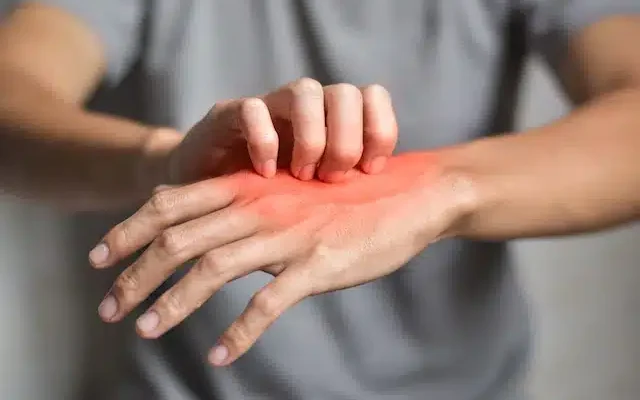
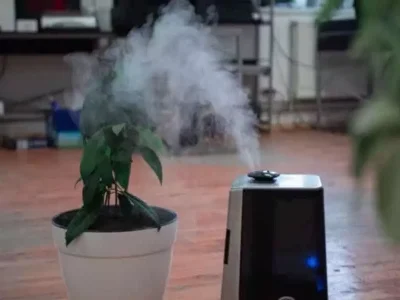
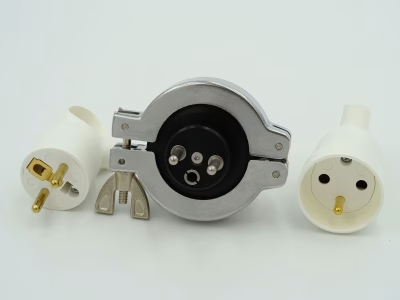




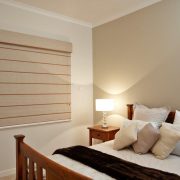

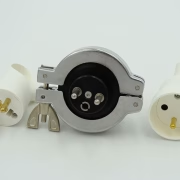
Comments